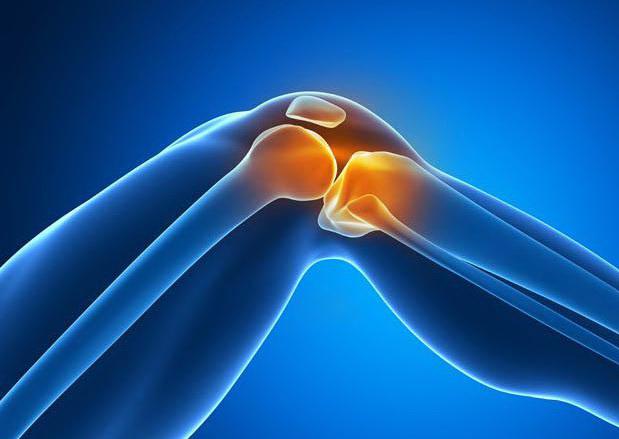
Where the thigh meets the lower leg, there is a hinge joint called the knee. When the knee is diseased such that it cannot function as normal, knee replacement surgery is done. The thigh bone also called as femur abuts the tibia which is the larger bone of the lower leg. During a knee replacement surgery, the end of the femur is removed and replaced with a metal shell. Similarly the end of the tibia is removed and replaced with a channeled plastic and metal stem. The surfaces forming the joint are removed and a highly polished metal prosthesis is inserted.
Some Knee Replacement Facts:
For people suffering from knee damage due to progressive arthritis, trauma or other rare knee diseases, knee replacement treatment could bring a lot of relief and help individuals regain the confidence of living a normal and independent life.
Preoperative evaluation of the joints:
All joints adjacent to the knee are evaluated during the pre ops evaluation. This is highly essential to ensure the optimal outcome of the surgery. Also, the patients are reviewed for all the medications that they are currently taking. Some of the medications that have effects like blood thinning or medication like aspirin that have inflammatory properties may be discontinued by your doctor before knee replacement surgery.
Some other blood tests may be taken for organs like liver and kidneys.
Urine tests will also be taken for detecting signs of anemia and abnormal metabolism. This type of test can detect any infections that need to be treated early on.
Chest X Rays will ensure that there are no heart ailments that might cause a hindrance in the knee replacement treatment.
Body weight is checked even before the patient's candidacy for the surgery is decided upon. This is mainly because excess body weight puts the replaced knee at an increased risk of either dislocation or of loosening. This makes recovery even more difficult for the patient.
Leave a Comment